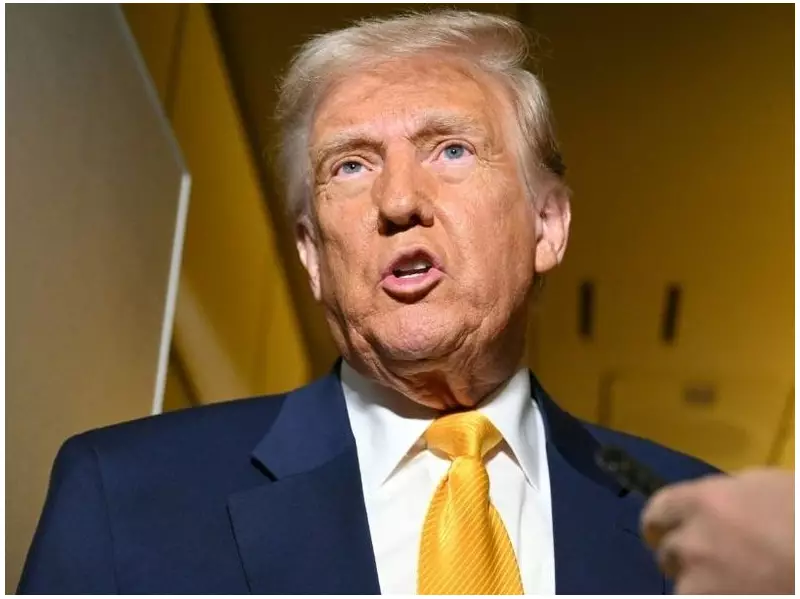
In a thought-provoking analysis that challenges conventional political discourse, a Toronto Sun columnist presents a compelling case that Donald Trump's ultimate objective transcends traditional authoritarian ambitions. Rather than simply aspiring to be a dictator, the former president appears to be pursuing something potentially more damaging to democratic institutions.
The Distinction That Matters
The column argues that while many critics label Trump as aspiring to dictatorship, this characterization might actually underestimate the threat. Traditional dictators typically seek to control government institutions while maintaining their basic structure. Trump's approach, however, suggests a more fundamental assault on the systems themselves.
Institutional Erosion vs. Control
Unlike classical authoritarian figures who often work within existing frameworks, Trump's rhetoric and actions indicate a willingness to undermine the credibility and functionality of democratic institutions when they don't serve his interests. This represents a different kind of threat—one that targets the very legitimacy of democratic processes rather than simply seeking to control them.
The Long-Term Consequences
The analysis suggests this approach could have more lasting damage than temporary authoritarian rule. By eroding public trust in elections, judiciary systems, and media, the foundation of democracy itself becomes compromised. This creates challenges that could persist long after any single political figure leaves office.
A New Political Paradigm
The columnist notes that Trump's methods represent a shift from traditional political strategies. Rather than working to reform institutions from within, there appears to be a pattern of challenging their fundamental authority when outcomes prove unfavorable.
This perspective offers Canadian readers crucial insight into evolving political dynamics south of the border and their potential implications for democratic norms globally. The analysis serves as a warning about threats that may not fit traditional political categories but could prove equally—or more—dangerous to democratic stability.





